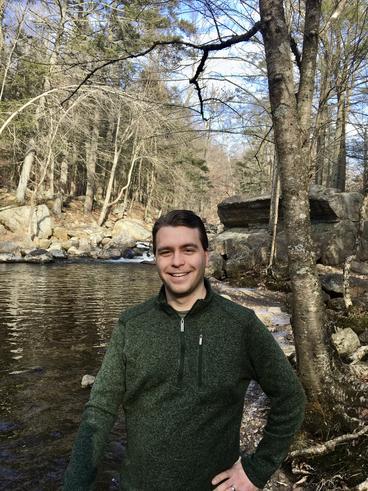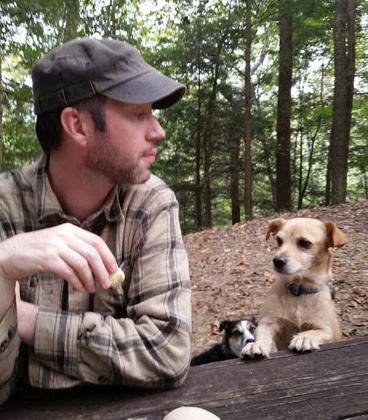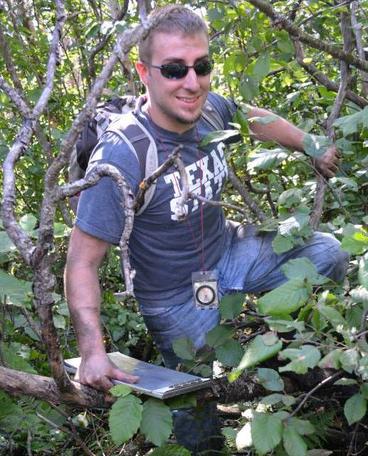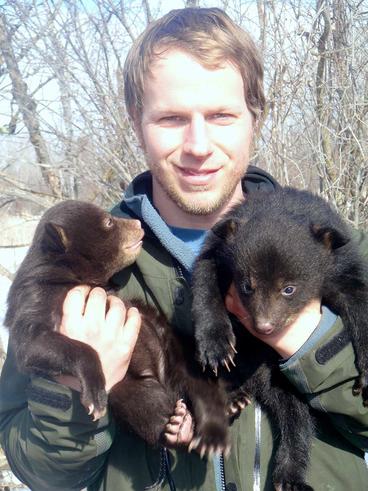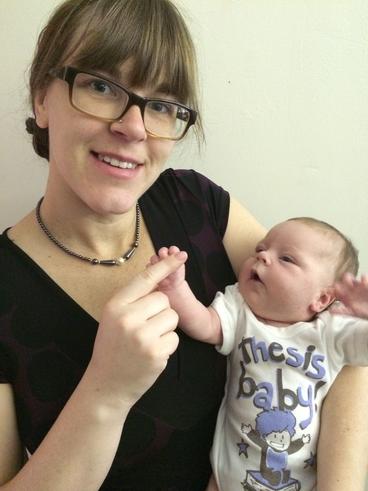Nilanjan Chatterjee

In my current post-doc position, I’ll be working closely on the development of MoveApps, a code-free platform for movement data analysis. This role is perfectly aligned with my broad research interest in developing methodological innovations and statistical tools for ecological studies.
